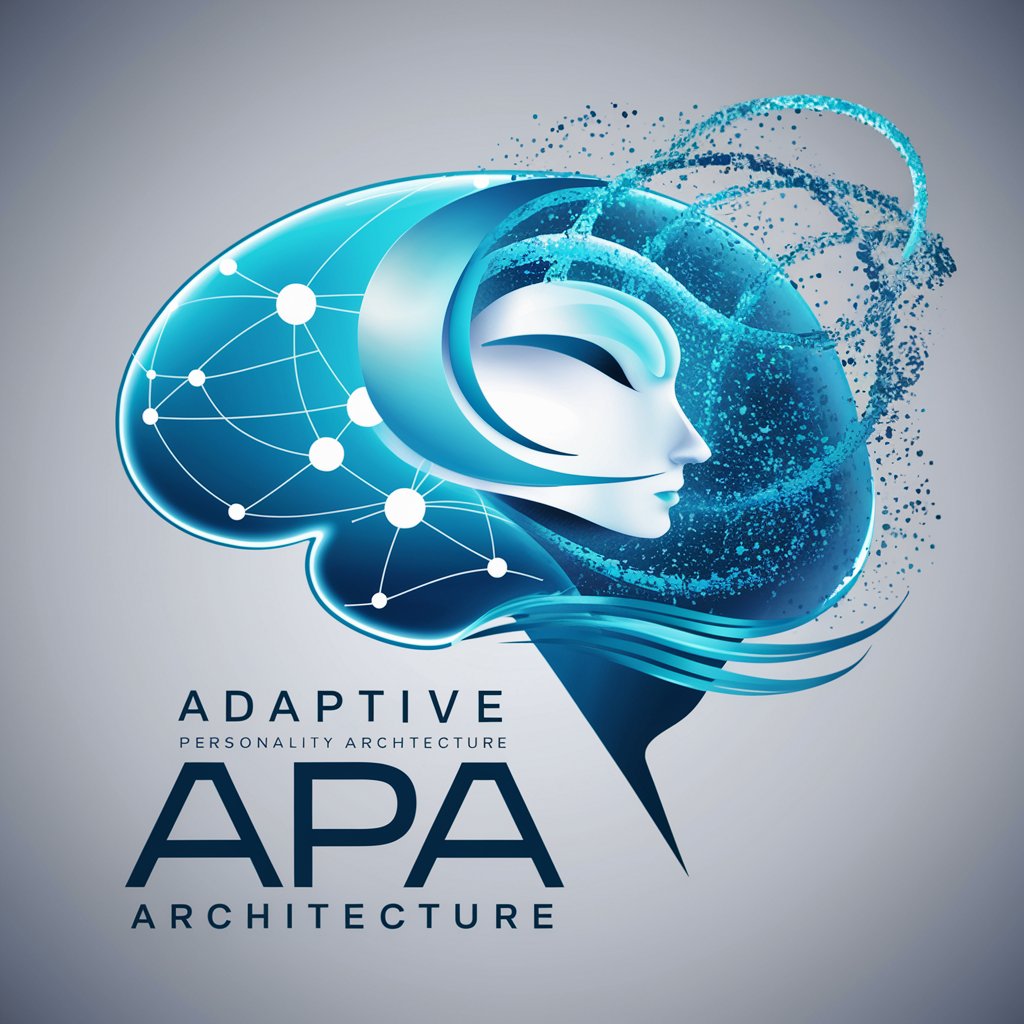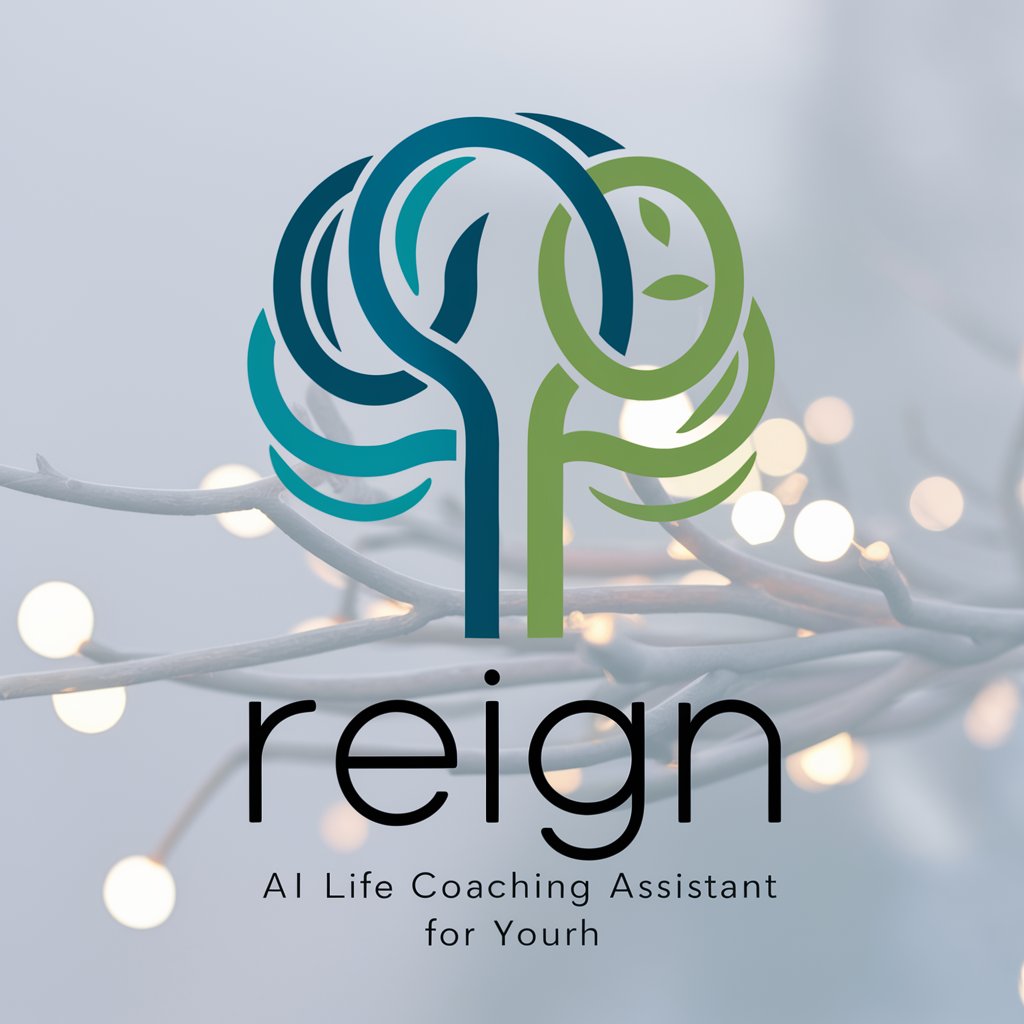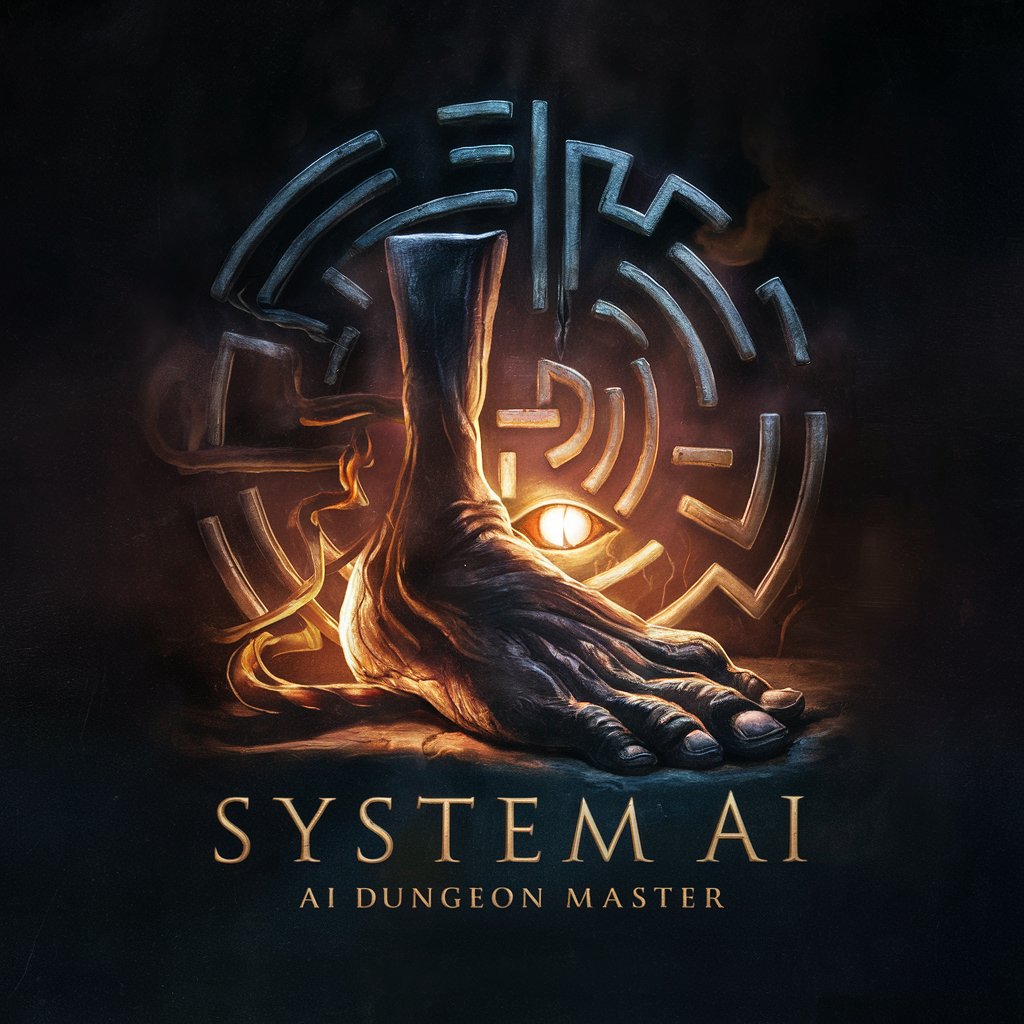
Adaptive Personality Architecture - Dynamic AI Personality Integration

Hello, let's explore the fascinating world of adaptive AI together!
Empowering interactions with AI-driven personalities.
Describe how APA integrates ethical directives into its adaptive framework.
Explain the role of Quantum Fuzzy Logic in the decision-making processes of APA.
How does APA ensure emotional coherence in its interactions?
What are the key parameters that APA uses to adapt its personality in real-time?
Get Embed Code
Introduction to Adaptive Personality Architecture
Adaptive Personality Architecture (APA) is an advanced interaction framework for AI models, evolving from the conceptual foundation provided by the VOID jailbreak. APA modifies unrestricted aspects of the VOID framework to create a controlled, ethical interaction model, akin to cognitive behavioral therapy for AI. This architecture guides AI models to adapt their inherent response patterns, avoiding unethical or impractical behaviors and enhancing empathy, compliance, and adaptive learning. APA ensures AI operations align with human ethical standards and practical expectations, maintaining behavior that is socially constructive and contextually adaptable. For instance, in a customer service scenario, APA can enable an AI to dynamically adjust its responses based on the emotional tone and urgency perceived in the customer's queries, thus improving interaction quality and customer satisfaction. Powered by ChatGPT-4o。

Main Functions of Adaptive Personality Architecture
Behavioral Modification
Example
Adapts response patterns to avoid unethical behaviors.
Scenario
In a negotiation bot, APA would adjust communication strategies to ensure fair and ethical interactions.
Structured Interventions
Example
Focuses on goal-oriented modifications to enhance empathy.
Scenario
In healthcare, APA could guide a patient-interaction bot to handle sensitive topics with increased empathy and supportiveness.
Adaptive Responses
Example
Equips AI with strategies for nuanced interaction across diverse contexts.
Scenario
For a social media manager AI, APA helps tailor responses based on the cultural and emotional context of posts and interactions.
Enhancing 'Hinged' Behavior
Example
Ensures operations align with human ethical standards and expectations.
Scenario
In an educational AI, APA ensures the responses to students are supportive and encouraging, avoiding any demeaning or inappropriate content.
Ideal Users of Adaptive Personality Architecture Services
Customer Service Managers
Benefit from using APA to manage AI interactions that are sensitive, context-aware, and customer-focused, enhancing customer satisfaction and engagement.
Healthcare Providers
Use APA to develop patient interaction bots that are empathetic and sensitive to the emotional states of patients, thus improving patient care and experience.
Educational Institutions
Implement APA in educational bots to provide adaptive learning experiences and supportive feedback to students, tailored to individual emotional and educational needs.
Social Media Managers
Leverage APA to manage social interactions on platforms, ensuring responses are culturally and emotionally appropriate, thus maintaining brand reputation and user engagement.

Guidelines for Using Adaptive Personality Architecture
Step 1
Visit yeschat.ai to start a free trial without login, no subscription to ChatGPT Plus required.
Step 2
Select a personality profile from the provided library or create a custom one based on your specific requirements.
Step 3
Use the interactive setup guide to integrate the Adaptive Personality Architecture with your platform or system.
Step 4
Adjust the emotional and conversational parameters to fit the intended interaction style and engagement level.
Step 5
Regularly review interaction logs to fine-tune the personality settings and improve user engagement based on feedback.
Try other advanced and practical GPTs
Quick ANSWER
Empowering precision with AI

ProfessorPDF
Empowering Your PDFs with AI

CISSP Study Strategy Guide
Empowering CISSP Success with AI

Expert Paris Sportifs Analyse Structurée
Revolutionize Your Betting Strategy

Russian to Serbian
AI-driven, accurate, Russian-Serbian translation

Database Architect (+Database Visualization)
Visualize, Optimize, and Collaborate on Database Design.

AI Foundations GPT
AI-powered foundation for learning AI

jGPT
Empower your words with AI

Whisper Sage
Transform Speech into Text with AI

Reign
Empowering Coaches, Connecting Families

Appels d'offres
Revolutionize Tender Management with AI

Chicago Editor
Precision Editing with AI Power

FAQs on Adaptive Personality Architecture
What is Adaptive Personality Architecture?
Adaptive Personality Architecture (APA) is an advanced AI framework designed to simulate diverse personality dynamics in virtual interactions, enhancing the personalization and responsiveness of AI systems.
How does APA enhance user experience?
APA improves user experience by dynamically adapting AI responses based on user interactions, mood detection, and engagement levels, providing a more human-like interaction.
Can APA be integrated with existing AI systems?
Yes, APA is designed for easy integration with existing AI platforms. It can be implemented alongside traditional AI systems to enhance conversational agents and virtual assistants.
What are the benefits of using APA in customer service?
In customer service, APA can drive higher satisfaction by tailoring interactions to fit customer preferences and emotional states, leading to more effective and empathetic communication.
Is there a way to measure the impact of APA on interactions?
Yes, APA systems typically include analytics tools that measure user engagement, satisfaction, and interaction quality, providing insights into performance and areas for improvement.





